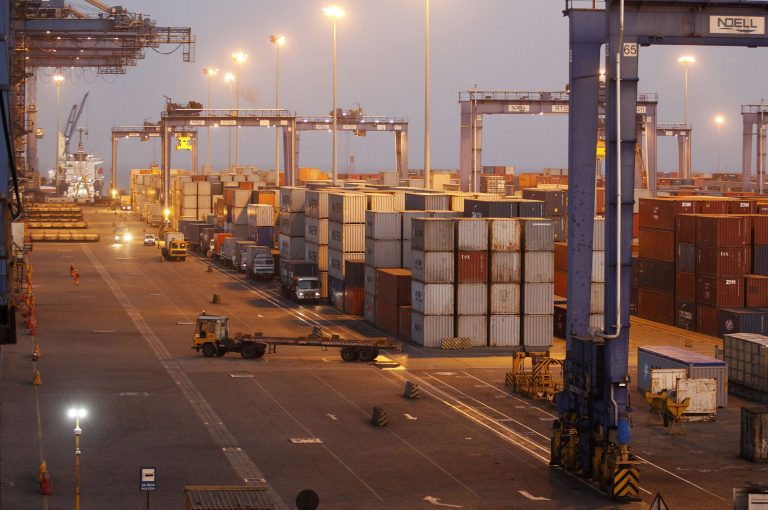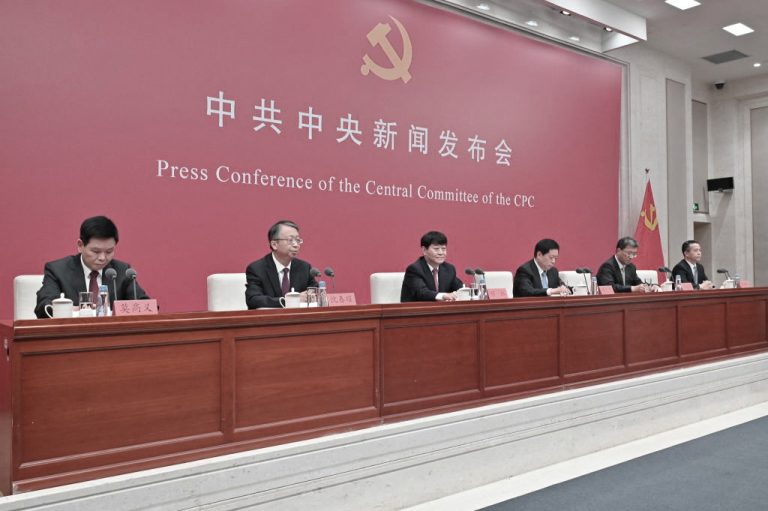On Sept. 23, the European Union Chamber of Commerce in China released the China Position Paper 2021/2022 in which it advised Beijing to abandon the policy of boosting self-reliance, warning that such a move could harm growth prospects and innovation.
Compiled by 35 working groups over a period of six months, the China Position Paper contains 930 recommendations.
Though European businesses experienced many difficulties in 2020 due to geopolitical tensions and the COVID-19 pandemic, they did “well overall” in China, a press release by the group claims.
But even as business opportunities in China continue to remain attractive, the country is “turning inward” as evidenced by Beijing’s 14th Five Year Plan that seeks to increase self-reliance and achieve self-sufficiency. The group calls this pursuit of self-reliance a “real cause for concern” since European businesses are worried that they might be forced to exit the market.
The press release notes that Beijing has struggled to find an answer to its contradictory needs of maintaining control over the economy while also achieving growth. The policy of self-reliance, as outlined by the Five Year Plan, will make China “deviate from the spirit” of its reforms of the 1970s. The decision will cause damage to China’s economy in the long run, the group warned.
Success
You are now signed up for our newsletter
Success
Check your email to complete sign up
“The European Chamber is concerned that China’s economy will continue to under perform if it steers away from bold reforms in favor of a more insular approach… Our member companies play a pivotal role in China’s economy, and the 930 constructive recommendations they provide in this report are aimed at developing an optimal business environment that will allow China to reach its full economic potential,” Joerg Wuttke, president of the European Union Chamber of Commerce in China, said in a press release.
Policymakers in Beijing have insisted that the country will remain open to foreign businesses. However, the Chamber’s report stated that China only encourages foreign companies engaged in certain businesses, like those operating in the chemical or tech sector, while dismissing others.
A few foreign businesses supplying network equipment and services in China have revealed to the Chamber that their market exit is “inevitable” due to higher scrutiny by authorities who cite national security concerns. Foreign businesses that supply health equipment are finding it increasingly difficult to find customers as hospitals are encouraged to “buy Chinese.”
Wuttke says that while foreign firms contribute taxes to the Chinese regime, it is also true that China remains an important market for European companies. “In many cases…the China operations are the ones that stabilize headquarters and basically bring business to the group,” he said at a briefing.
Chinese state-backed media outlet, Global Times, lashed out at the Chamber report, characterizing it as biased.
Citing Chinese analysts, the media outlet accused the authors of the report of turning a “blind eye” to the United States’ “constant crackdown” on Chinese supply chains and companies.
“Their understanding is just so biased and completely wrong. Even as China pursues ‘dual circulation’ and self-reliance, it has not stopped opening up its market to foreign businesses and products. In fact, China has continuously expanded market access for foreign businesses and products,” Mei Xinyu, research fellow at the Chinese Academy of International Trade and Economic Cooperation of China’s Ministry of Commerce, told the Global Times.
Chinese market access was one of the core issues that led to the U.S.-China trade war during the Trump administration. Beijing insists that foreign companies set up joint ventures with domestic firms in order to do business in China. Such requirements are said to lead to practices like forced technology transfers in which the foreign firms are pressured to pass on their proprietary tech and share intellectual property with Chinese partners in order to continue doing business.







